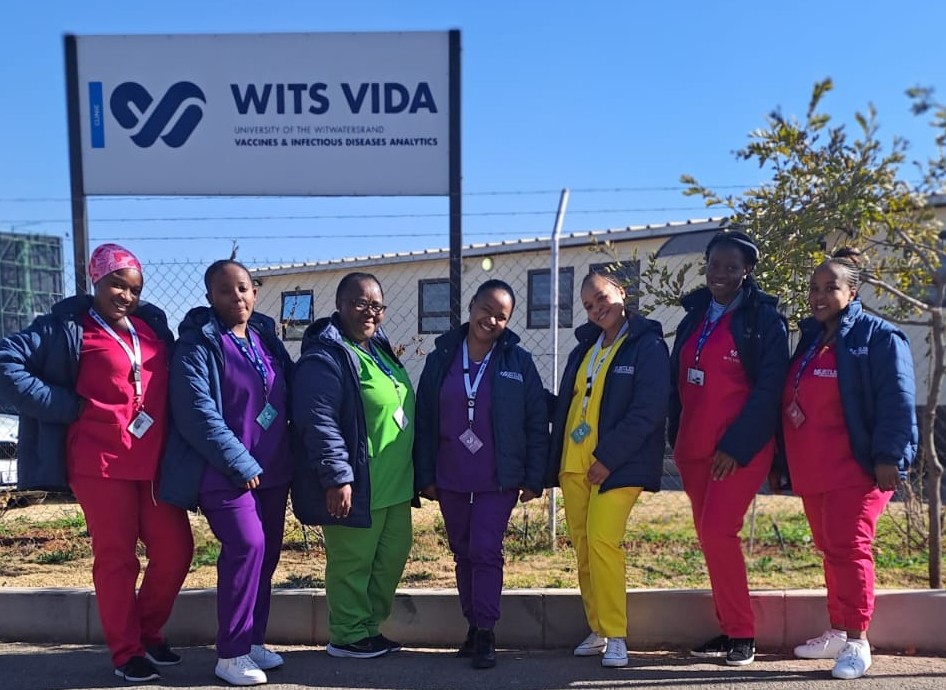COVID-19 Healthcare Worker Study
Exploring COVID-19 among frontline heroes: Insights from the COVID-19 Healthcare Worker (HCW) Study in South Africa
In the battle against COVID-19, our frontline healthcare workers (HCWs) have stood as unwavering protectors of health and safety. To better understand the challenges they face, the COVID-19 HCW study embarked on a journey in South Africa starting from April 2020.
Unlocking the Study’s Objectives
- Tracking the Invisible Enemy: The study aimed to unveil the prevalence of SARS-CoV-2 infections, both symptomatic and asymptomatic, among HCWs. Using a systematic approach coupled with clinical investigation, it examined different healthcare worker groups to provide a comprehensive picture.
- Identifying Risk Factors: Every healthcare worker faces a unique set of challenges. The study sought to assess the underlying risk of infection across various healthcare worker groups, shedding light on the factors that contribute to vulnerability.
- Decoding Viral Shedding: Understanding the duration of viral “shedding” in infected healthcare workers was another crucial objective. This knowledge helps in crafting effective strategies for isolation and containment.
- Hunting for Antibodies: Serial serological surveys were conducted to detect SARS-CoV-2 antibodies among healthcare workers. This data aids in understanding the long-term immunity and protection against reinfection.
- Analyzing Immune Responses: The study also delved into the humoral immune responses triggered by SARS-CoV-2 infection, shedding light on the intricacies of the body’s defense mechanisms.
The Impact: Shielding Our Heroes
This study’s significance lies in its potential to empower healthcare workers with data about their SARS-CoV-2 virus exposure. Armed with this knowledge, they can take better measures to protect themselves, their patients, colleagues, and families. Protecting our healthcare workers is paramount in the fight against the epidemic.
Furthermore, longitudinal studies like this one play a vital role in understanding the correlation between SARS-CoV-2 antibody levels and protection against reinfection. This insight also has implications for immunity against new viral variants. Notably, the study uncovered high reinfection and vaccine breakthrough rates with the Omicron variant among HCWs. It also highlighted the protective role of prior infection and high anti-spike IgG concentration against Omicron infection.
In a relatively well-resourced setting in Africa, the study identified a very high force of infection. This suggests that the force of infection may be even higher in other parts of the continent.
Dive Deeper: Explore the Publications and Data
To explore the study’s findings in more detail, you can access the publications arising from the study using the following links:
For those who crave data and insights, you can find available data from the study at these repositories:
In the quest to protect our healthcare heroes and understand the ever-evolving nature of the virus, the COVID-19 healthcare worker study stands as a beacon of knowledge and a testament to the resilience of those at the frontlines.

